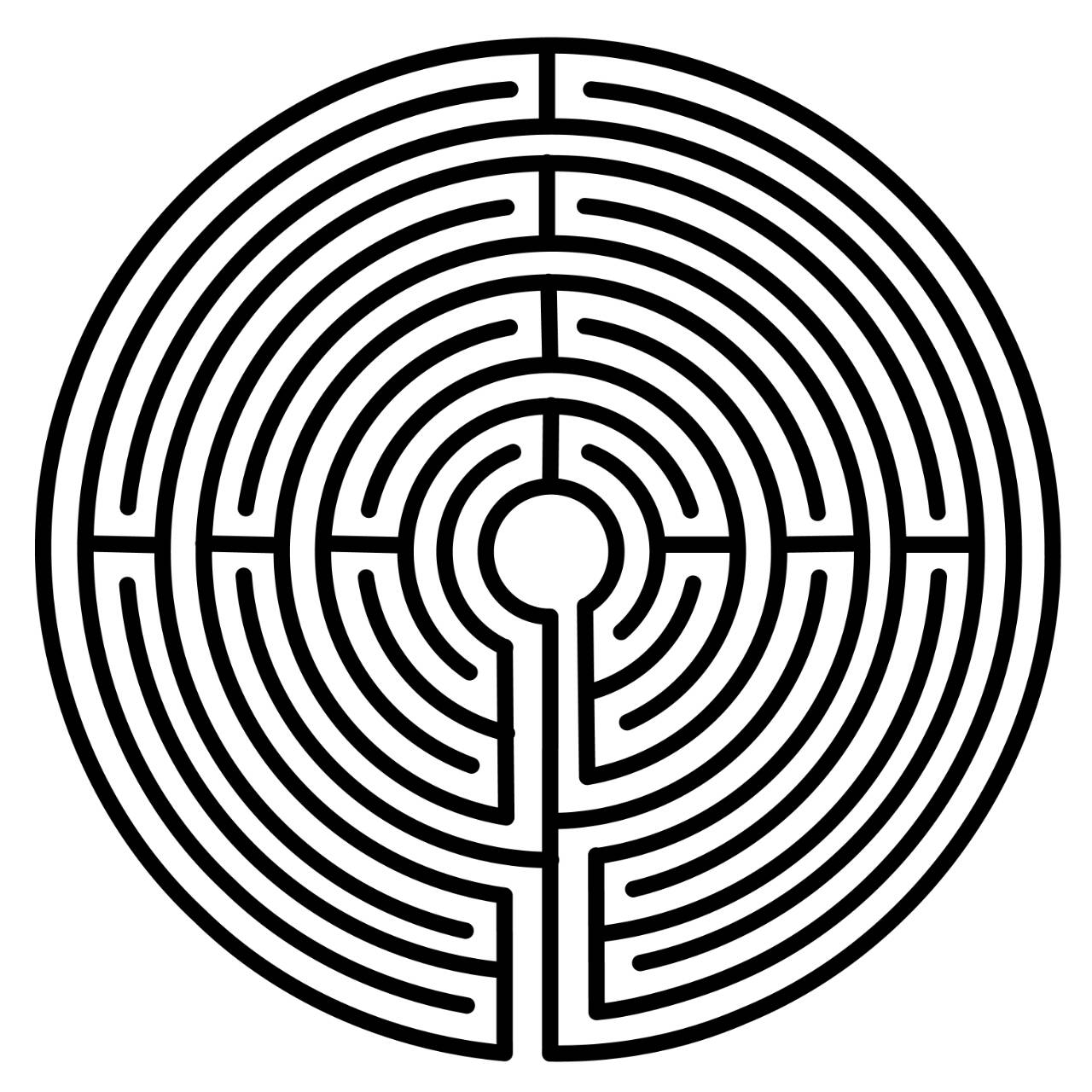“Ludic: of, relating to, or characterized by play: PLAYFUL” (Merriman Webster).
“Pick-up sticks, pick-a-stick, jackstraws, jack straws, spillikins, spellicans, or fiddlesticks is a game of physical and mental skill in which a bundle of sticks, between 8 and 20 centimeters long, is dropped as a loose bunch onto a table top into a random pile. Each player, in turn, tries to remove a stick from the pile without disturbing any of the others. The object of the game is to pick up the most sticks or to score the most points based on the color of the sticks…” (Wikipedia).
YESTERDAY, THE HUBBIE and I went out to lunch after a successful medical procedure (nothing big, just John’s last bit of cataract surgery, which went very well, thanks be to God). I wasn’t particularly hungry; I ordered the apple salad with no protein. It appeared, at first glance, to be an entire bowl of apple sticks, what the menu called “jack straws.” The entire salad seemed to consist of lots of apple shaved into tiny sticks. Nothing else, just … these sticks. And I loved them — but as I worked through them, I had this strong sense of déjà vu, the “phenomenon of feeling as though one has lived through the present situation before. It is an illusion of memory whereby — despite a strong sense of recollection — the time, place, and context of the ‘previous’ experience are uncertain or impossible” (Wikipedia).
But what was the memory of?
We older folks, we probably have played the game I knew as “pick-up sticks,” which consisted of a large number of sticks of different colors, all equal in size, a game which emphasized chaos and chance. You threw the sticks down and they’d go scattering every which-a-way over the table, no rhyme, certainly, and definitely no reason. They’d sit there till the first player would take the first stick: they had to pick it up without disturbing other sticks. If they did, they could take another turn and try for another stick. And another. And another, till they made a move that caused another stick or two to move. In this version of the game, the person at the end who had the most sticks won.
I don’t remember playing with others: Pick-up sticks seemed one of those rare games that emphasized patience to such a great extent that I played it as a form of solitaire. If I had played with others, they’d be moving me along. It was a meditative activity for me, pointless in some ways, according to Western culture: playing alone meant not only that there was no winner, there was no way to win. It was played purely for pleasure, for the sake of the game itself, which required skill and patience.
That’s the very definition of what game scholars call a ludic game, it’s not a matter of winning, just of playing. And while it was based on chance, and even though the straws fell as they would, there soon became only one way, one path. I played slower and slower with each passing game. It felt very much a different way of life. I wasn’t doing anything, I focused on the sticks.
Perhaps you have walked a labyrinth, sometimes called, in error, a maze. A maze intends to fool you, to get you lost and keep you lost, and English humor set in the countryside is full of accounts of people having to be rescued by the gardeners (because of course there are gardeners — mazes are found in the resting grounds of the idle, genteel rich away from the entertainments of the city).
Labyrinths have only one path; there are no forks. Starting at the beginning on the very edge of the labyrinth, you walk forward, you know you will reach the goal: the center, which represents being at the center of things, of the universe. You can spend as much time there as you want: you’ve arrived. Being at the center gives one a feeling of completeness, of existing, of remembering who you’ve always really been. And at some point, you leave the center and walk back to the world, taking your time. Others will join you and most will get to the center and then turn right around, back to the busy everyday world.
But that’s not necessary (though it’s not wrong either; there is no wrong way). I invite you to take your time, to not try to win in life. I invite you to play without purpose. As you can, take a walk, sit on a bench. Not playing the game has its own rewards.
________
Issues of Faith is a rotating column by religious leaders on the North Olympic Peninsula. The Rev. Dr. Keith Dorwick is a deacon resident in the Episcopal Diocese of Olympia.

